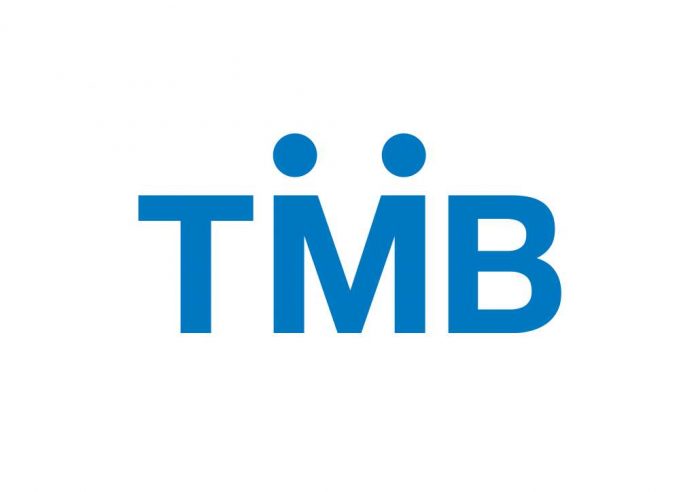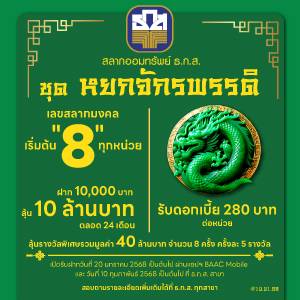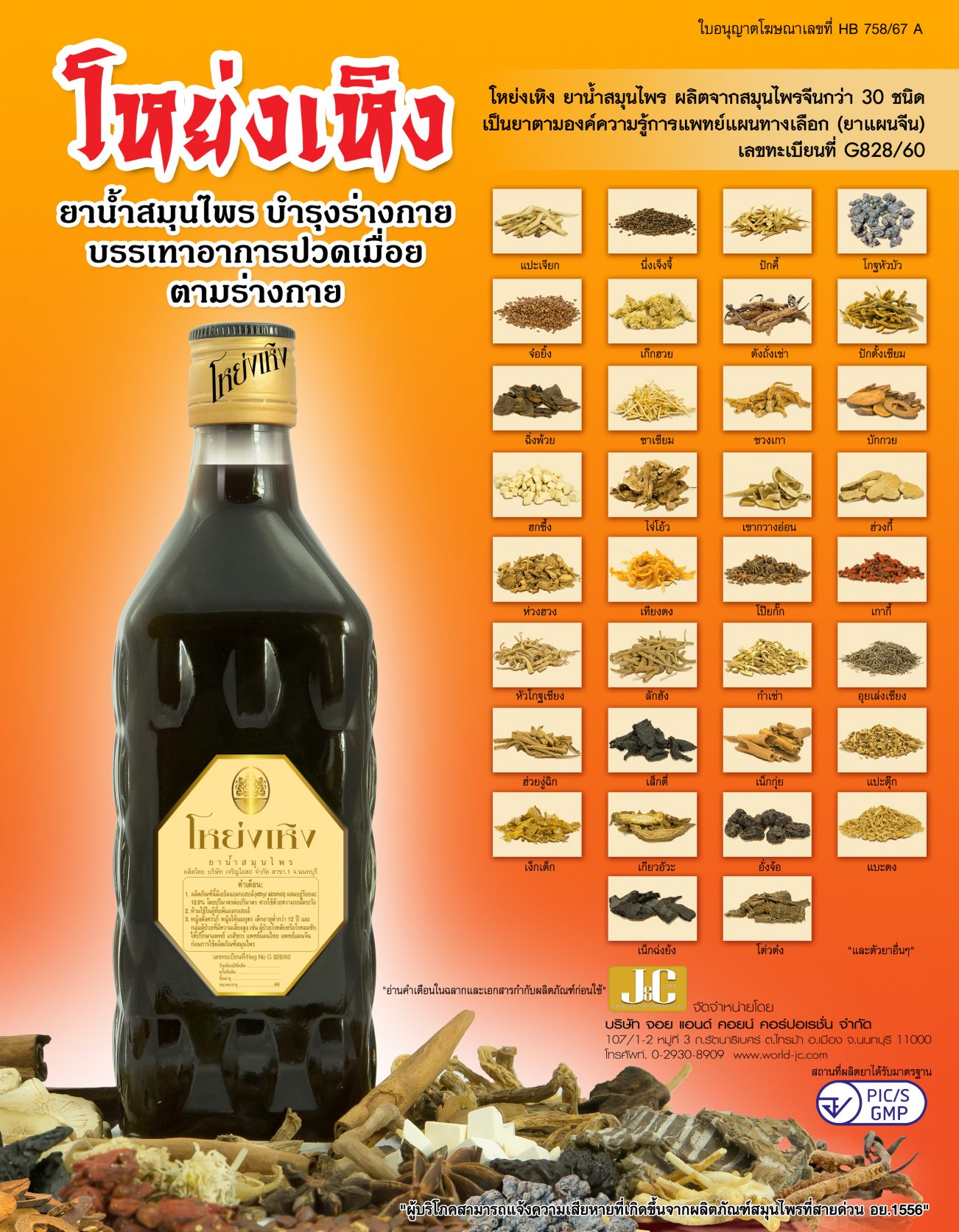ทีเอ็มบี หรือ ธนาคารทหารไทย จำกัด (มหาชน) และบริษัทย่อย แจ้งผลประกอบการสิ้นสุดเดือนมิถุนายน ปี 2563 ในวันนี้ โดยสำหรับผลประกอบการ 6 เดือนแรกของปี ทีเอ็มบีมีรายได้เพิ่มขึ้นตามการรับรู้รายได้จากธนาคารธนชาตเข้ามาในงบการเงินรวม ขณะที่การบริหารค่าใช้จ่ายเพื่อการดำเนินงานและเพื่อการรวมกิจการเป็นไปอย่างมีประสิทธิภาพ จึงทำให้กำไรจากการดำเนินงานก่อนหักสำรองฯ เพิ่มขึ้น 119.2% จากครึ่งแรกของปี 2562 มาอยู่ที่ 18,653 ล้านบาท ทั้งนี้ ธนาคารตั้งสำรองฯ เป็นจำนวน 9,732 ล้านบาท ซึ่งในจำนวนดังกล่าวมีทั้งส่วนที่เป็นการตั้งสำรองฯ ตามเกณฑ์และส่วนที่ตั้งเพิ่มเติมเพื่อรองรับแนวโน้มเศรษฐกิจในช่วงครึ่งปีหลัง ด้านคุณภาพสินเชื่อเน้นการบริหารจัดการในเชิงรุก ทำให้สามารถลดอัตราส่วนหนี้เสียลงมาอยู่ในระดับต่ำที่ 2.34% ซึ่งหลังจากหักสำรองฯ และภาษี ธนาคารมีกำไรสุทธิอยู่ที่ 7,258 ล้านบาท เพิ่มขึ้น 107.6% จากครึ่งแรกของปีก่อน

นายปิติ ตัณฑเกษม ประธานเจ้าหน้าที่บริหาร ทีเอ็มบี กล่าวถึงภาพรวมการดำเนินงานว่า “สำหรับครึ่งปีแรก ถือว่าในส่วนของการรวมกิจการทำได้ตามเป้าหมาย โดยเฉพาะในแง่ของการรับรู้ผลประโยชน์ด้านงบดุล (Balance Sheet Synergy) และด้านต้นทุน (Cost Synergy) ขณะที่ขั้นตอนการรวมธนาคาร เช่น การเปิดสาขาร่วมระหว่างทีเอ็มบีและธนาคารธนชาต (Co-location) ก็คืบหน้าได้ตามแผนเช่นกัน
ด้านรายได้ถือว่าทำได้ดีในไตรมาส 1 อย่างไรก็ดี เมื่อเข้าสู่ไตรมาส 2 ซึ่งสถานการณ์โควิด-19 เริ่มส่งผลกระทบมากขึ้น สิ่งที่ทีเอ็มบีและธนาคารธนชาตให้ความสำคัญจึงเป็นเรื่องของการเร่งให้ความช่วยเหลือลูกค้าทุกกลุ่มที่ได้รับผลกระทบ ควบคู่ไปกับการเพิ่มความแข็งแกร่งทางการเงิน เพราะประเมินว่าสถานการณ์โควิด-19 จะยังคงสร้างแรงกดดันต่อการดำเนินงานและคุณภาพสินทรัพย์ในช่วงที่เหลือของปี โดย 3 เรื่องหลักที่ธนาคารได้เตรียมความพร้อมไว้ ได้แก่ การคงสภาพคล่องในระดับสูงด้วยการเติบโตฐานเงินฝาก การเพิ่มคุณภาพด้านงบดุลด้วยการลดยอดหนี้เสีย และการคงเงินกองทุนในระดับสูง ซึ่งก็ทำได้ตามแผน เป็นการเพิ่มความสามารถของธนาคารในการรับมือกับความไม่แน่นอนทางเศรษฐกิจในช่วงถัดไป”
ทั้งนี้ ณ สิ้นไตรมาส 2 ธนาคารสามารถเติบโตเงินฝากได้ 3.2% จากไตรมาสก่อน มาอยู่ที่ 1.44 ล้านล้านบาท หนุนโดยเงินฝากลูกค้ารายย่อย No Fixed และ All Free ขณะที่สินเชื่อปรับตัวลดลง 1.5% มาอยู่ที่ 1.38 ล้านล้านบาท ตามการชะลอลงของยอดสินเชื่อใหม่ และจากการปรับโครงสร้างพอร์ตสินเชื่อด้วยการลดสัดส่วนสินเชื่อที่ไม่มีหลักประกันและเพิ่มสัดส่วนสินเชื่อที่มีหลักประกัน โดยเฉพาะอย่างยิ่งในพอร์ตสินเชื่อรายย่อย ซึ่งปัจจุบันกว่า 90% ของพอร์ตสินเชื่อรายย่อยเป็นสินเชื่อที่มีหลักประกัน
ในส่วนของรายได้ของไตรมาส 2 ทั้งรายได้ดอกเบี้ยและรายได้ที่มิใช่ดอกเบี้ยชะลอลงจากไตรมาส 1 ซึ่งก็เป็นไปตามคาด เนื่องจากในไตรมาส 2 มีการปรับลดอัตราดอกเบี้ย ขณะที่กิจกรรมทางเศรษฐกิจทั้งภาคธุรกิจและภาคครัวเรือนหดตัวลง ทำให้รายได้รวมอยู่ที่ 16,569 ล้านบาท ลดลง 8.9% ด้านค่าใช้จ่ายในการดำเนินงานอยู่ที่ 7,776 ล้านบาท ลดลง 6.7% ส่งผลให้กำไรจากการดำเนินงานก่อนหักสำรองฯ อยู่ที่ 8,791 ล้านบาท ลดลง 10.9% จากไตรมาสก่อนหน้า
ในไตรมาส 2 ธนาคารตั้งสำรองฯ เพิ่มขึ้น 4.5% จากไตรมาสก่อน มาอยู่ที่ 4,972 ล้านบาท ซึ่งประกอบด้วยการตั้งสำรองฯ ตามเกณฑ์ปกติ สำรองฯ ส่วนเพิ่มเพื่อรองรับแนวโน้มเศรษฐกิจ และการรับรู้การตั้งสำรองฯ จำนวน 1.6 พันล้านบาท จากธนาคารธนชาต ซึ่งมีเงินลงทุนในตราสารหนี้ของ บริษัท การบินไทย จำกัด (มหาชน) จำนวน 3.15 พันล้านบาท หรือคิดเป็นสัดส่วนประมาณ 2.0% ของพอร์ตการลงทุนตามงบการเงินรวม ทั้งนี้ ธนาคารและบริษัทย่อยไม่มีเงินให้สินเชื่อ หรือตราสารทางการเงินประเภทอื่นๆ ของบริษัทการบินไทยนอกเหนือไปจากนี้ โดยหลักจากหักสำรองฯ และภาษี กำไรสุทธิของไตรมาส 2 อยู่ที่ 3,095 ล้านบาท ลดลง 25.7% จากไตรมาสก่อน
ด้านคุณภาพสินทรัพย์ ธนาคารดำเนินการแก้หนี้เสียเชิงรุกด้วยการตัดหนี้สูญ (Write off) และการขาย ทำให้สามารถลดยอดหนี้เสียลงได้ 12.2% จาก 44,183 ล้านบาท ในไตรมาสก่อน มาอยู่ที่ 38,805 ล้านบาท ส่งผลให้อัตราส่วนหนี้เสียลดลงจาก 2.76% ในไตรมาสที่แล้วมาอยู่ที่ 2.34%
สำหรับสภาพคล่องอยู่ในระดับสูง จากเงินฝากที่เพิ่มขึ้นและการบริหารสภาพคล่องของธนาคาร โดยอัตราส่วน LCR ซึ่งบ่งบอกถึงสินทรัพย์สภาพคล่องที่ใช้รองรับความผันผวนในภาวะวิกฤตของทีเอ็มบีและธนาคารธนชาต อยู่สูงกว่าเกณฑ์ขั้นต่ำของธนาคารแห่งประเทศไทยที่ 100% มาโดยตลอด โดยปัจจุบันอยู่ในระดับสูงกว่า 200%
ความเพียงพอของเงินกองทุนยังคงแข็งแกร่งและสูงเป็นลำดับต้นๆ ในอุตสาหกรรมธนาคารไทย โดย ณ สิ้นเดือนมิถุนายน 2563 อัตราส่วน CAR และ Tier I เบื้องต้นอยู่ที่ 18.5% และ 14.6% สูงกว่าเกณฑ์ขั้นต่ำของธนาคารแห่งประเทศไทยที่ 11.0% และ 8.5% ตามลำดับ
TMB reported a net profit of THB 7,258 million for the first half of 2020, up 108% from the same period last year. Focusing on building liquidity, maintaining high capital and reducing non-performing loans to a low level of 2.34% has strengthened the Bank’s position against economic headwinds in the second half.
Bangkok, 20 July 2020 – TMB or TMB Bank Public Company Limited and its subsidiaries announced today its financial performance ended June 2020. For 1H20, TMB recorded an increase in revenue from the recognition of TBANK’s financial results. Operating expenses for normal business operation and integration process were managed efficiently. As a result, Pre-Provision Operating Profit (PPOP) rose 119.2% year-on-year to THB 18,653 million. The Bank set aside provisions of THB 9,732 million which consisted of normal provisions and additional amounts to accommodate 2H20 economic outlook. In the asset quality aspect, the Bank has proactively managed and could reduce non-performing loan ratio down to a relatively low level of 2.34%. After provisions and taxes, the group recorded the net profit of THB 7,258 million, up 107.6% from 1H19.
Mr. Piti Tantakasem, CEO, mentioned on the overall performance, “For 1H20, things were generally in line with plan in terms of the merger, especially the realization of balance sheet and cost synergies and the execution of integration activities such as the launch of TMB and TBANK Co-location branches.
On the revenue side, 1Q20 performance was fairly on track. Entering into 2Q20, however, the impact from Covid-19 was worsening, both TMB and TBANK therefore have put priority on providing financial assistance to affected customers together with strengthening the group’s financial position given the expectation that Covid-19 situation would linger and continue to put pressure on business environment and asset quality through the rest of the year. Three key areas of financial position enhancement the Bank has achieved were as follows; firstly, the Bank has stored higher liquidity from expanding deposit base. Next was to ensure balance sheet quality by reducing non-performing loans and the last was to maintain high capital base. These efforts have strengthened the group’s ability to tackle with economic uncertainties.”
At the end of the second quarter, the Bank could increase its deposits from previous quarter by 3.2% to THB 1.44 trillion, largely contributed by retail deposits namely No Fixed and All Free. Loans, on the other hand, declined 1.5% to THB 1.38 trillion due to a slowdown of new loans and the Bank’s direction to reduce portion of unsecured loans and shift toward secured loans, especially retail loan portfolio. Currently, more than 90% of retail loan portfolio is secured loans.
In terms of revenue, Net Interest Income (NII) and Non-Interest Income (Non-NII) were slow down from the first quarter. This was as expected and due to interest rate cuts and weakening economic activities in both business and household sectors. Consequently, total operating income was at THB 16,569 million, down 8.9% while operating expense was at THB 7,776 million, down 6.7%. PPOP, therefore, decreased to THB 8,791 million or down 10.9% quarter-on-quarter.
In the second quarter, the Bank set aside THB 4,972 million of provisions, 4.5% higher than the previous quarter. Such an amount included general provisions, an additional provision for forward-looking economic outlook and the recognition of THB 1.6 billion provision over TBANK’s investment in Thai Airways (THAI) debentures. Note that, total exposure in THAI debenture was THB 3.15 billion which represented approximately 2.0% of total investment portfolio on consolidated basis. Apart from that, the Bank and its subsidiaries have no exposure in loans nor other financial instruments related to THAI. After provision expenses and taxes, net profit in 2Q20 was at THB 3,095 million or decreased 25.7% from the previous quarter.
On the asset quality side, the Bank has proactively resolved problem loans through write-off and sales. Non-performing loans (NPLs) therefore dropped 12.2% from THB 44,183 million in the last quarter to THB 38,805 million. Non-performing loan ratio was down from 2.76% to 2.34%.
Liquidity was at high level, boosted by deposit growth and the Bank’s liquidity management. The Liquidity Coverage Ratio (LCR), which reflects the stock of liquid assets to support liquidity needs under severe liquidity stress scenarios of TMB and TBANK, consistently maintained above the BoT’s minimum requirement at 100%. The current level is higher than 200%.
Capital adequacy was strong and among the top tier in Thai banking industry. As of June 2020, the preliminary CAR and Tier 1 were reported at 18.5% and 14.6%, well above the Bank of Thailand’s minimum requirement of 11.0% and 8.5%, respectively.
































































